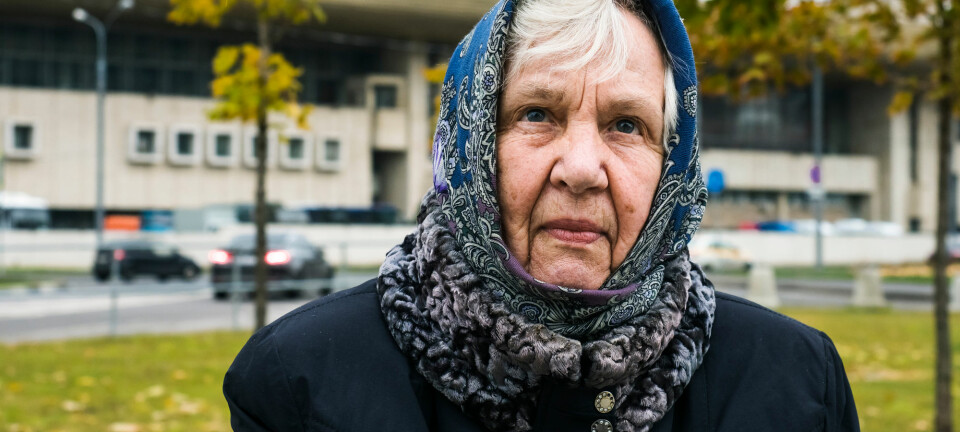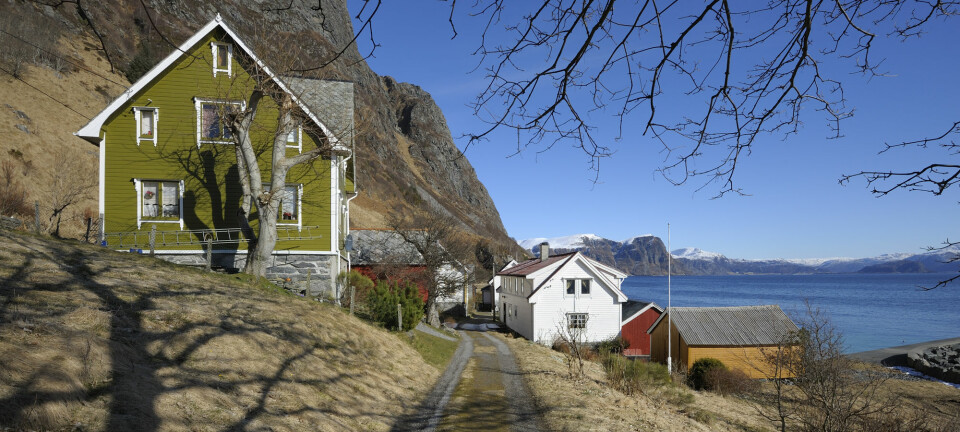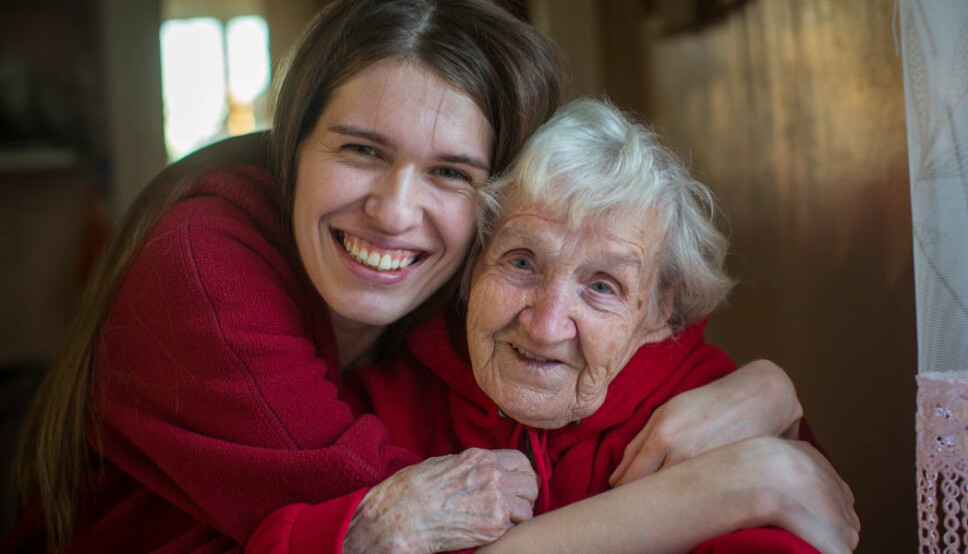
Adult children providing care for parents can lose income in the long-term
Having parents who are nearing the end of their lives can take a heavy toll, both physically and emotionally. A new study shows that income can also be affected in the long-term if you provide regular care to ageing parents.
Research has shown that most Norwegians have a negative attitude toward adult children bearing the responsibility for parents who need care.
Yet other studies show that adult children in Norway are stepping up a lot to help with their parents’ care needs.
Relatives perform around 40 per cent of eldercare in Norway.
What are the consequences?
In Norway, meeting the nursing and care needs of the elderly is a legally binding public responsibility.
With an ageing population, more and more questions arise about whether the public services can continue to do this without the support of adult children.
Who are the adult children who care for their parents? What is their motivation for giving them ongoing support? And what consequences does their care have for their own lives?
Researcher Hanna Vangen is interested in finding some answers.
She is a PhD student at OsloMet and has recently published an article that answers the last question. In her study, she investigated how adult children fare who choose to be long-term caregivers to their parents at the end of their lives.
Do caregivers have problems getting back into the labour market after their parents die?
And do they notice a difference in their paycheck?
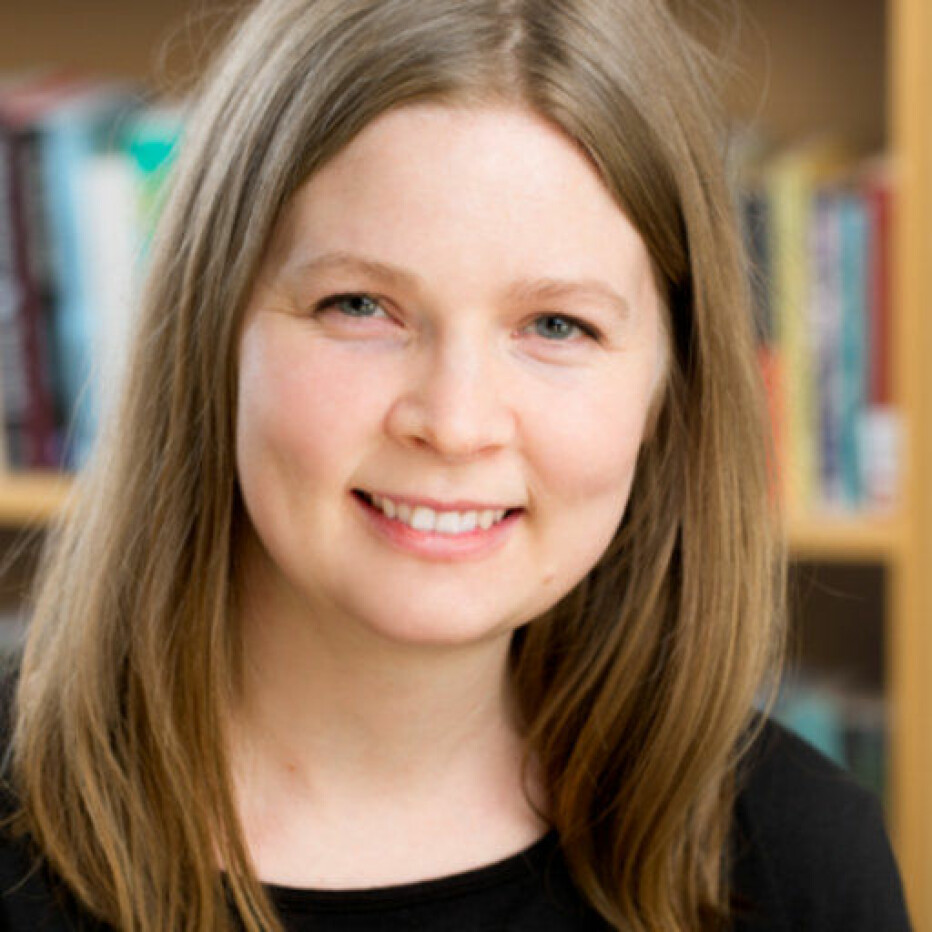
Few drop out of work life entirely
“Although they may reduce their work hours for a while, few people leave their job entirely because of caregiving tasks,” Vangen says.
But when she compared the income of adults who help their parents with adults who do not, she found clear differences.
Caregivers lose money by helping their parents, not only while they provide care but also long term.
Vangen’s survey shows that around 60 per cent of adult children who care for their parents are women. They see a decline in income even before their parents’ death, while they are still providing care.
Both sons and daughters experienced a negative trend in income for up to eight years after the parents died.
Sons’ income slightly higher
The sons started with slightly higher incomes than the daughters, and thus felt less of a negative income impact as a result of providing care.
Vangen finds this interesting.
“I'm not surprised that the negative income trend for daughters was greater. Other research has also shown this. But it’s interesting that the sons also had a negative income outcome after their parents died,” she said.
Researchers at UiO’s Frisch Centre have previously shown that losing a mother or father causes the occupational activity and income of adult children to decline during the period around their parents’ death.
Vangen’s study seems to indicate that providing care has a negative effect on their long-term economy as well.
Linked interviews and records
Vangen used the Norwegian life course, ageing and generation study (NorLAG) for her study.
The NorLAG study has followed the same individuals for 15 years and conducted three rounds of interviews. Vangen used public records to study the 2007 participants who lost their parents up to five years following the interview.
“By connecting income data to the interviews, I was able to get a bigger picture than other studies in the field of how the care of parents has affected adult children’s lives,” she says.
Why the income decline?
Why do individuals who provide ongoing care for their parents as they get older and sicker lose income?
Vangen has no good answer to this. But she offers a guess.
“Maybe exhaustion over time makes it hard for caregivers to keep up with their co-workers on the career track of working life? We know from previous Norwegian research that there is a link between sick leave and long-term effect on income. We also know that daughters who care for their parents take more sick leave."
Inheritance doesn’t explain it
"It could also be that losing parents is such a powerful experience that you make other choices in life", says Vangen.
In the data she analysed, Vangen did not find any reason to believe that the drop in income has to do with caregivers inheriting more than non-caregivers so that they don’t have to work as much after their parents have died.
Doesn’t go together
Anita Vatland, managing director of the Norwegian National Alliance for Carers (Pårørendealliansen), is not surprised at Vangen’s finding that caregivers for ageing parents incur a loss of income.
The Alliance works to bring about a more informal-carer-friendly society.
They know from their investigations that time crunches and conscience wear down many caregivers who take on the responsibility for their old parents over many years. A lot of caregivers end up on sick leave and with worse health and finances.
The political trend is to downsize institutions and for the elderly to stay at home for as long as possible.
But at the same time, fewer adult sons and daughters are at home who can help them. We live in a time where the goal is for everyone to be working until they are older.
These things don’t go together, Vatland says.
“When people find that their parents' health is declining, they first dip into their free time. Then they might begin to check the social welfare schemes they have at work. Then you’re at the mercy of the company you work for and whether you have the possibility of work hour flexibility."
It's also a matter of who your boss is.
Vatland believes that managers’ understanding of caring for parents is not the same as their understanding of childcare.
“Eldercare doesn’t have the same status. But care is care,” she says.
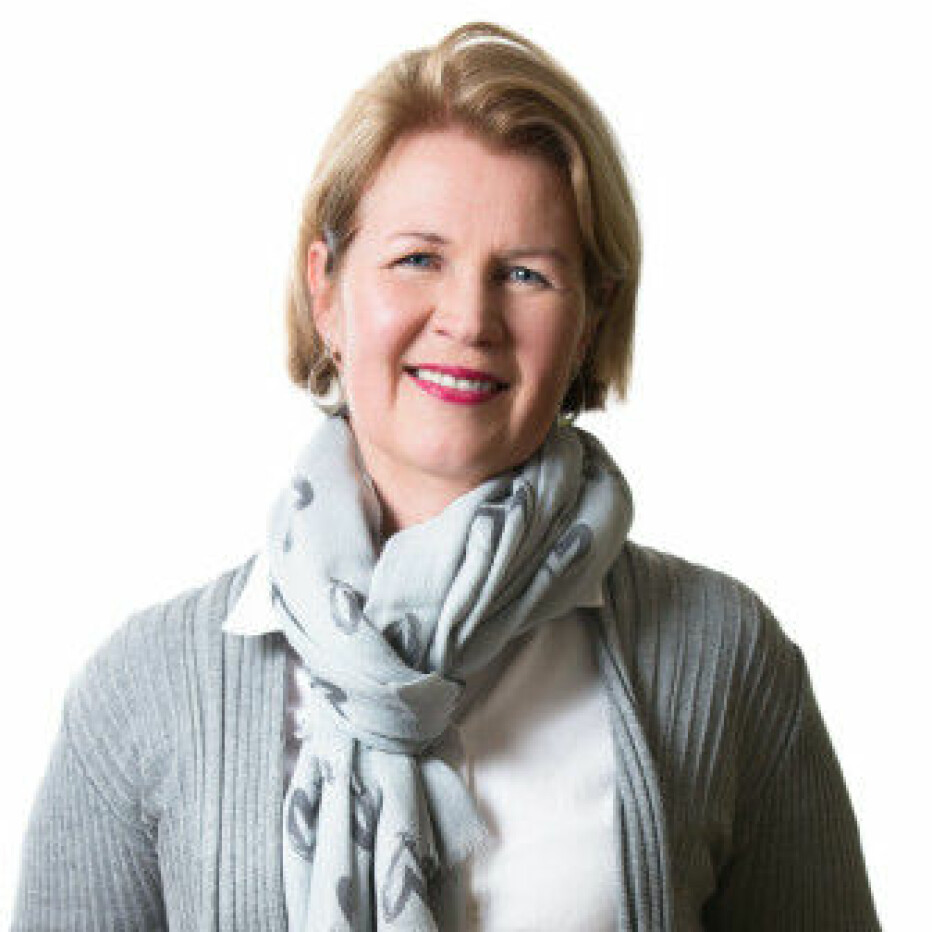
Old-fashioned scheme
When we reach age 60 or 70 with living parents and are still going to work, then we have to accommodate that situation, Vatland says.
She believes the schemes in Norway today are too old-fashioned.
Employees have a right to 60 days of paid leave to care for a close relative approaching the end of life. But a diagnosis at the end of life can last much longer with today’s medical advances. We need to examine and modernize this system,” says Vatland.
“Today we can be sick and still live and need help from family members for a long time. The 60 days get used up fast.”
EU tackling issue
The EU has come a long way in affirming citizens' ability to participate in working life and at the same time take care of their elderly relatives, Vatland says.
In Europe, the right of employees to request flexible working hours and to change shifts to care for their loved ones has been reinforced. This is a step forward for many countries. Family care accounts for 80 per cent of all the help and support that sick and elderly people receive in Europe.
Working life gets tougher
Vatland believes Norwegian workers may need more flexibility when their parents (or partners) become ill.
“If we don’t come up with good solutions, I worry that having family members who are old and sick will be a bit like pregnancy was in the past,” she says.
“When times get tougher, like the corona pandemic we’re going through now, the labour market hardens. What happens to 56-year-old Harry who has needed to be home a lot with his ageing parents in recent years and hasn’t been as productive at work? He may be the first one to be let go when his company downsizes.
“We can find better and more modern solutions by working together,” says Vatland.
Translated by Ingrid P. Nuse
Reference:
Hanna Vangen: The Impact of Informal Caregiving on Labour Supply Before and After a Parent's Death, Journal of Population Aging, April 2020. https://doi.org/10.1007/s12062-020-09279-2
———








